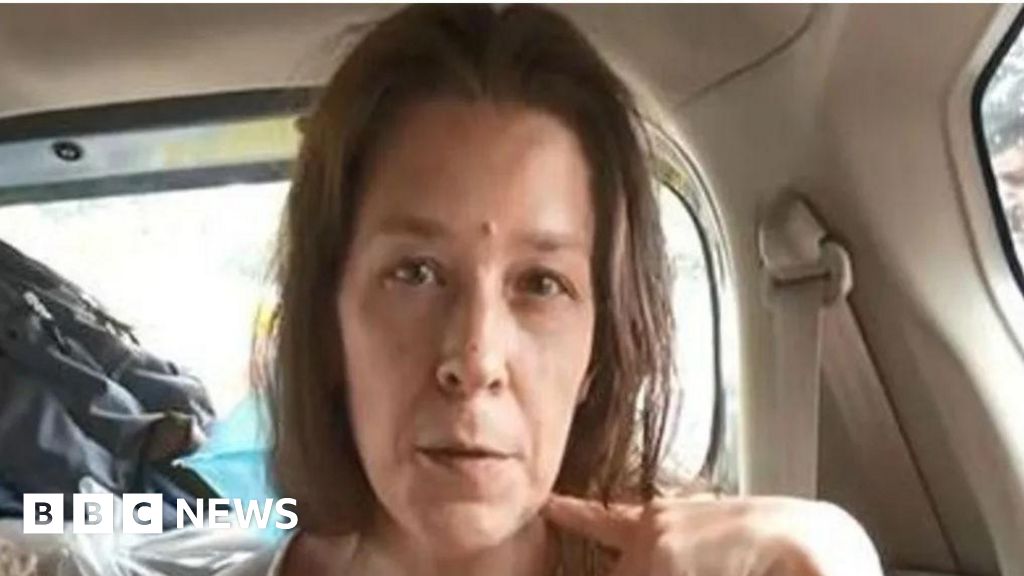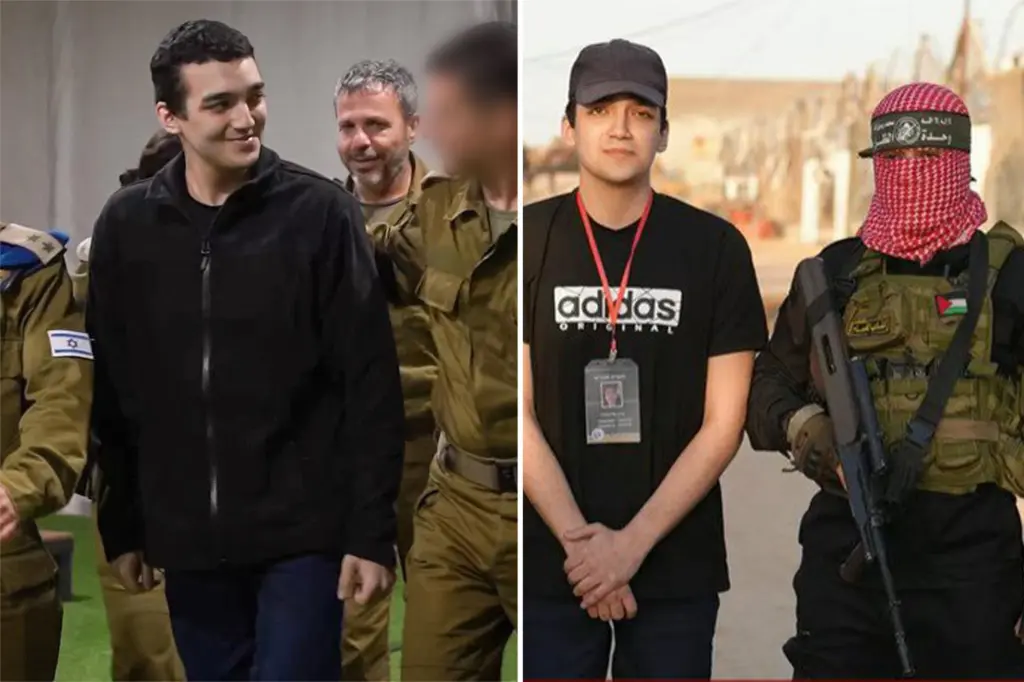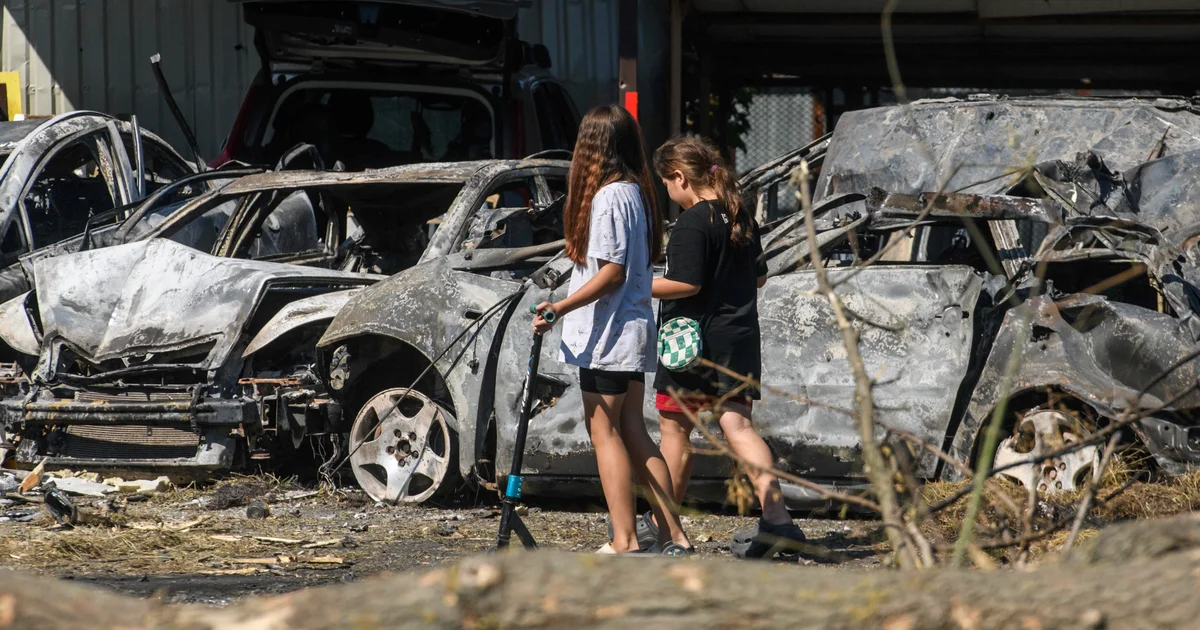By Imran Qureshi
Copyright bbc

The police team that found the three had earlier said they were on a routine patrol near Ramteertha hills in the Gokarna forest, which borders the tourist paradise of Goa, when they spotted brightly coloured clothes hung near a cave.
When they got closer – the entrance to the cave had been curtained off with brightly coloured saris – they saw a “little blonde girl” running out. When the shocked policemen followed her inside, they found Ms Kutina and the other child.
The three of them had meagre possessions – plastic mats, clothes, packets of instant noodles and some other grocery items – and the cave was leaking.
Mystery surrounds Russian mum and children found in Indian cave
The police told the BBC in July that they had a tough time convincing the mother that it was dangerous to stay in the isolated location with snakes and wild animals in the forest. The police quoted her as saying: “Animals and snakes are our friends. Humans are dangerous.”
Police said she told them that they had been living in the cave for a week when they were found. She also told the police that she came to Karnataka from Goa where she also claimed to have lived in a cave. She said that her youngest daughter was born in a Goa cave.
Ms Kutina had defended her lifestyle in video interviews to Indian news agency ANI, saying she and her children were happy living like that and that “nature gives good health”.
The police, however, said that they could not take any chances as the area was prone to landslides during the monsoon season.
Ms Kutina and her daughters were taken for a medical examination and then shifted to a detention centre.
Mr Goldstein’s lawyer, Beena PK, argued in court that deportation would not be in the interests of the children, citing India being a signatory to the United Nations Convention on the Rights of the Child and provisions of the Goa Children Act, 2003.
But the lawyer for the federal government, Aravind Kamath, told the court that this case could not be described as deportation’ because Ms Kutina herself had written to the Russian embassy expressing her wish to return to her home country.
Court documents show that the Russian embassy offered Ms Kutina and the children an emergency travel window between 26 September and 9 October.
Follow BBC News India on Instagram, YouTube, Twitter and Facebook.



